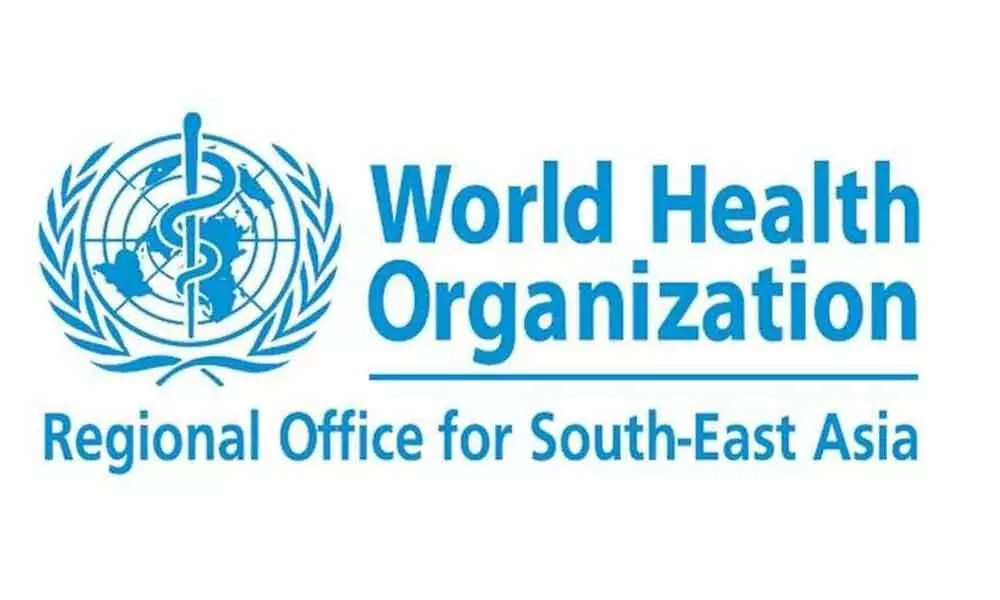Live
- Rich tributes paid to Ramamurthy Naidu
- Denmark’s Victoria Crowned Miss Universe
- Vaishnaw flags 4 major challenges faced by news media
- TGCHE looks for a 360-degree ‘Look-in-India’ model
- High priority to strategic partnership with Nigeria
- TG govt scraps road tax, registration fee on EVs
- India test fires ‘un-interceptable’ cruise missile
- ‘Antharanga Veekshanam’ book released
- Manipur burns
- Red Cross to open new blood centre today
Just In
WHO South-East Asia needs 1.9 million more nurses, midwives


New Delhi: Countries in the World Health Organization's South-East Asia Region which includes India need to redouble efforts to strengthen and expand...
New Delhi: Countries in the World Health Organization's South-East Asia Region which includes India need to redouble efforts to strengthen and expand their nurses and midwives cadre by 1.9 million to achieve health for all by 2030, said the global health agency.
The COVID-19 pandemic has revealed how crucial nurses are to health security. By 2018, the WHO South-East Asia Region had 3.5 million nurses and midwives -- 18 per 10,000 population -- up from 2.9 million in 2014, a ratio of 16 per 10,000 population.
"There has been progress, but more needs to be done," Poonam Khetrapal Singh, Regional Director, WHO South-East Asia, said on the occasion of the World Health Day on Tuesday.
"The regional average is still far below the global average of 37 nurses per 10 000 population, and the required minimum of 40 nurses by 10 000 population. By 2030 the Region will need as many as 1.9 million more nurses and midwives," she added.
To fill this gap, the State of the World's Nursing Report, released on Tuesday, highlights key areas that countries need to focus on.
"We need to increase the number of nurses and improve nursing education; we need to improve the number of jobs for nurses, their quality and distribution in rural and marginalised areas; and we need to enhance leadership, management and the assignment of specialised roles for nurses," Khetrapal Singh said.
Progress on each of these priorities will help countries strengthen services for maternal and child health among other needs, while also positioning them to better respond to non-communicable diseases, to provide adequate intensive care services, and to meet the health needs of older people.
"The global outbreak of COVID-19 emphasizes how crucial nurses are to health security, and WHO takes this opportunity to thank them for their service in these challenging times," the Regional Director added.
The year 2020 is being celebrated as the International Year of the Nurse and the Midwife, as it marks the 200th birth anniversary of Florence Nightingale.
The 11 countries in the WHO South-East Asia Region are – Indonesia, Sri Lanka, Thailand, Timor-Leste, Bangladesh, Bhutan, Democratic People's Republic of Korea, India, Maldives, Myanmar and Nepal.

© 2024 Hyderabad Media House Limited/The Hans India. All rights reserved. Powered by hocalwire.com






